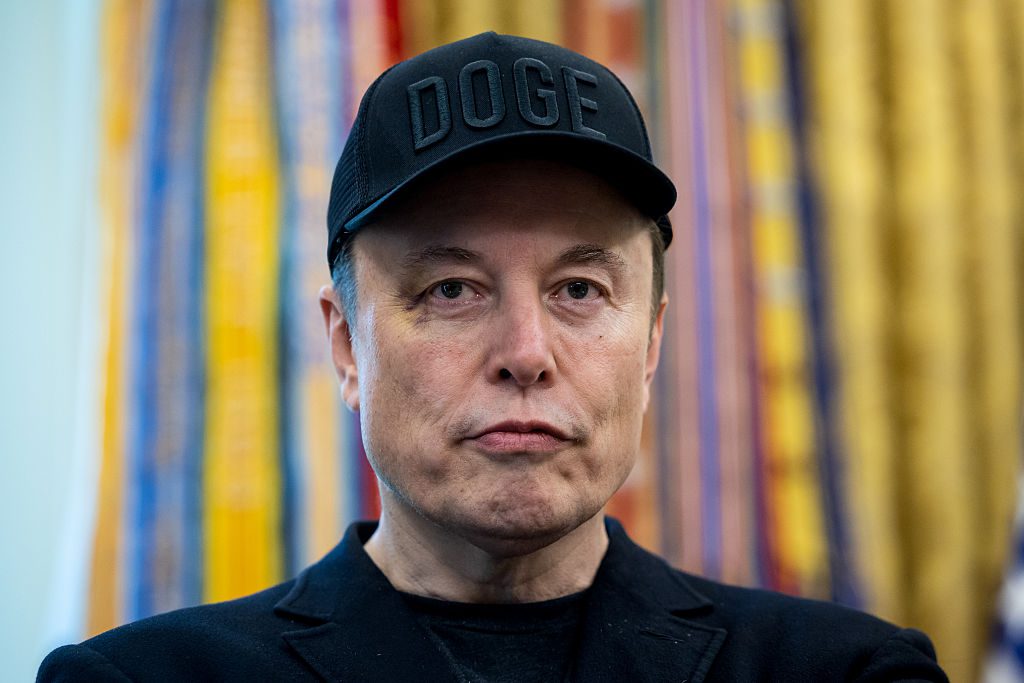
amazon google microsoft reportedly warn h-1b employees Major technology firms are advising their H-1B visa employees to remain in the United States amid significant changes to immigration policies under President Donald Trump.
amazon google microsoft reportedly warn h-1b employees
Background on H-1B Visas
The H-1B visa program, established in 1990, allows U.S. companies to employ foreign workers in specialty occupations that require theoretical or technical expertise in specialized fields such as IT, engineering, and mathematics. The program has been a critical pathway for skilled workers from countries like India and China to contribute to the U.S. economy. However, it has also faced scrutiny and calls for reform over the years, with critics arguing that it can be exploited to displace American workers.
Under the H-1B program, employers can sponsor foreign workers for a period of up to three years, which can be extended to a maximum of six years. The annual cap on H-1B visas is set at 65,000, with an additional 20,000 visas available for individuals who hold advanced degrees from U.S. institutions. The program has been a lifeline for many tech companies, enabling them to fill skill gaps in the labor market.
Recent Changes to H-1B Visa Policy
In recent months, the Trump administration has implemented several changes to the H-1B visa application process. These changes include increased scrutiny of applications, a focus on ensuring that H-1B workers are not displacing U.S. workers, and a push for higher wages for H-1B visa holders. The administration’s stance reflects a broader trend of tightening immigration policies, which has created uncertainty for many foreign workers and their employers.
As a result of these changes, many tech companies are concerned about the implications for their workforce. Companies like Amazon, Google, and Microsoft have significant numbers of employees on H-1B visas, and the potential for increased restrictions has prompted them to take proactive measures to retain their talent.
Company Responses to Policy Changes
In light of the evolving immigration landscape, major tech companies have begun to communicate directly with their H-1B employees, urging them to remain in the United States. This move is seen as a way to mitigate the risks associated with potential visa denials or complications in the application process.
Amazon’s Approach
Amazon, one of the largest employers of H-1B visa holders, has reportedly advised its employees to stay put for the time being. The company has emphasized the importance of retaining skilled workers to maintain its competitive edge in the rapidly evolving tech landscape. Amazon’s leadership has expressed concerns that losing H-1B employees could hinder innovation and growth within the company.
Google’s Strategy
Similarly, Google has taken steps to reassure its H-1B workforce. The tech giant has communicated its commitment to supporting employees through the visa application process and has encouraged them to remain in the country. Google recognizes that its diverse workforce is a key driver of its success, and the company is keen to avoid disruptions that could arise from visa-related issues.
Microsoft’s Position
Microsoft has also echoed these sentiments, urging its H-1B employees to stay in the U.S. The company has a long history of advocating for immigration reform that supports skilled workers. Microsoft’s leadership has highlighted the importance of a stable immigration policy to foster innovation and economic growth, reinforcing its commitment to its international workforce.
Implications for H-1B Employees
The advice from these tech giants carries significant implications for H-1B visa holders. Many employees may feel a sense of uncertainty regarding their future in the U.S. The heightened scrutiny of visa applications and the potential for policy changes can create anxiety among workers who have built their lives and careers in the country.
For many H-1B employees, the prospect of returning to their home countries is daunting. They may have established strong professional networks, personal relationships, and a sense of belonging in the U.S. The advice to remain in the country may provide some reassurance, but it does not eliminate the underlying concerns about job security and immigration status.
Stakeholder Reactions
The reactions from various stakeholders in the tech industry and beyond have been mixed. While many companies support the move to retain H-1B employees, there are also voices advocating for a reevaluation of the H-1B program itself.
Support from Industry Leaders
Industry leaders have largely welcomed the efforts of tech companies to support their H-1B workforce. Many argue that a diverse workforce is essential for fostering innovation and driving economic growth. The technology sector relies heavily on skilled foreign workers, and losing access to this talent pool could have detrimental effects on the industry as a whole.
Criticism from Advocacy Groups
On the other hand, some advocacy groups have criticized the H-1B program for its perceived shortcomings. They argue that the program can be misused to undercut wages and displace American workers. These groups advocate for reforms that would prioritize American workers while still allowing for the entry of skilled foreign labor when necessary.
Future of the H-1B Visa Program
The future of the H-1B visa program remains uncertain as the political landscape continues to evolve. The Biden administration has signaled a willingness to revisit immigration policies, which could lead to changes in the H-1B program. Stakeholders are closely monitoring these developments, as any shifts could have far-reaching implications for both employers and employees.
As the tech industry grapples with these challenges, it is clear that the H-1B visa program will continue to be a focal point of debate. Companies are likely to advocate for policies that support their ability to attract and retain top talent from around the world, while also addressing concerns about the impact on American workers.
Conclusion
The recent warnings from Amazon, Google, and Microsoft to their H-1B employees to stay in the U.S. reflect the broader uncertainties surrounding immigration policy in the current political climate. As these companies navigate the complexities of the H-1B visa program, the implications for their workforce and the tech industry as a whole will be significant. The ongoing dialogue about immigration reform will undoubtedly shape the future of the H-1B program and its role in the U.S. economy.
Source: Original report
Was this helpful?
Last Modified: September 21, 2025 at 12:37 am
0 views















